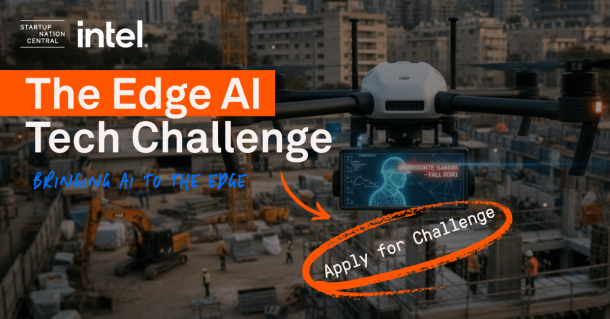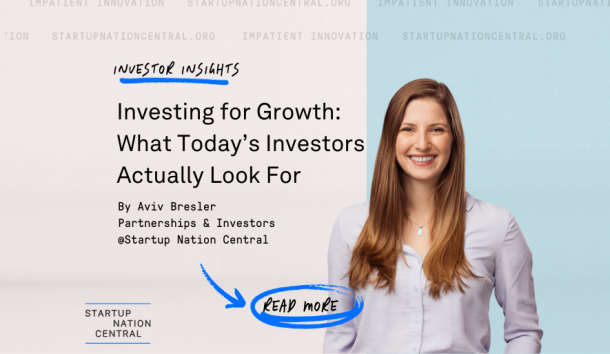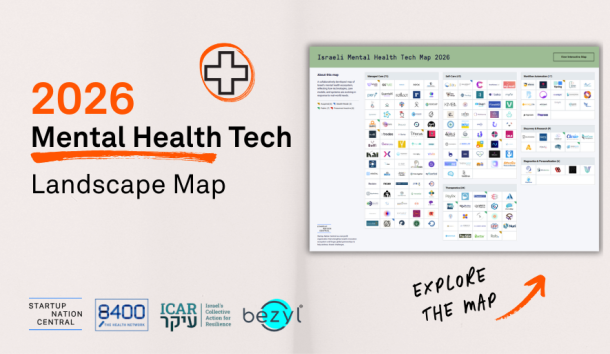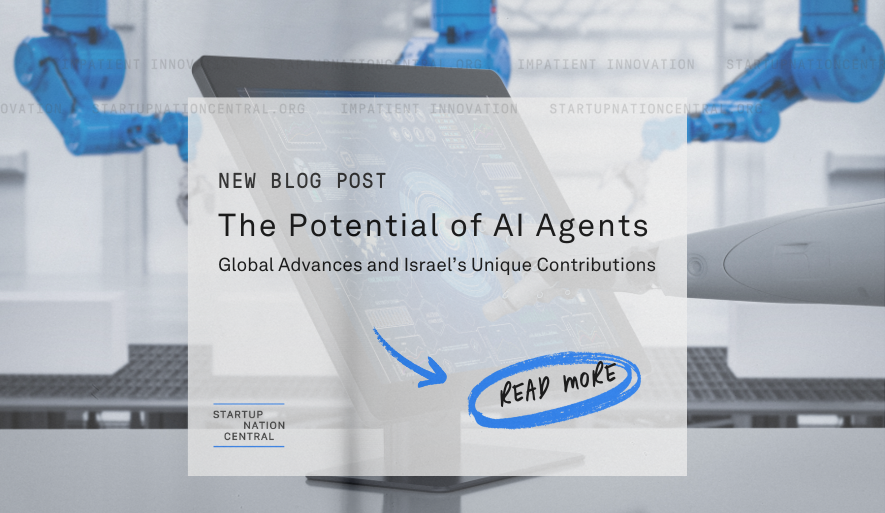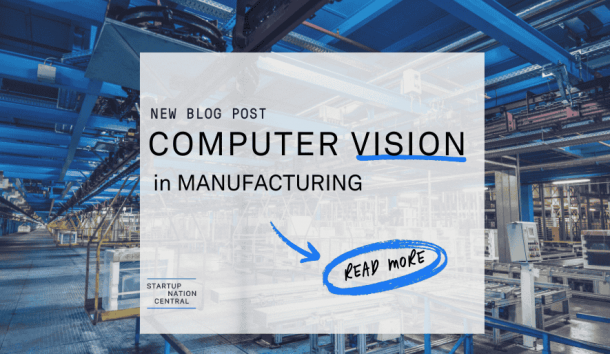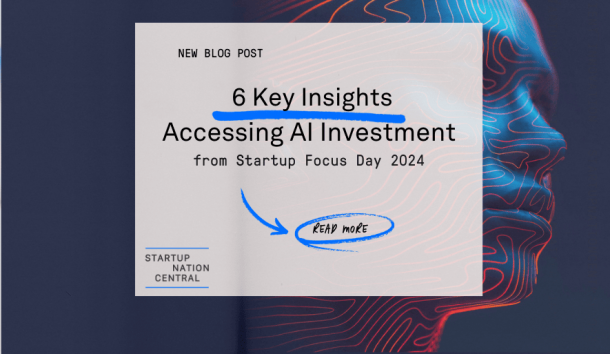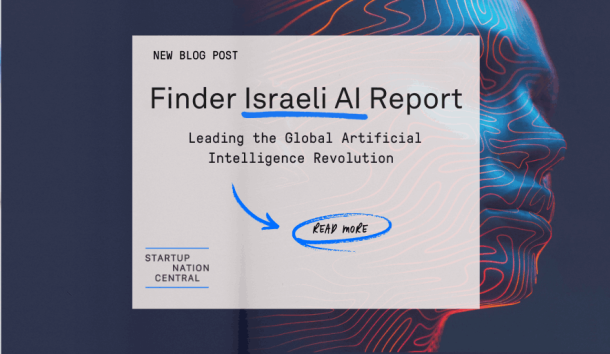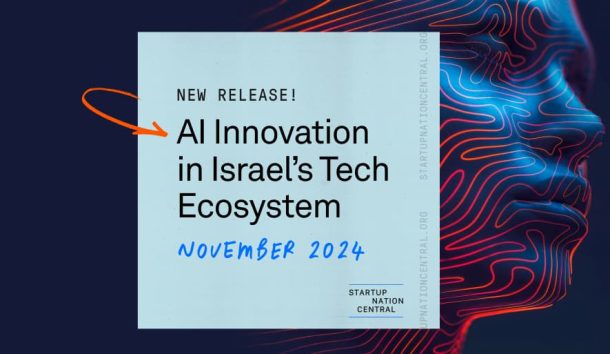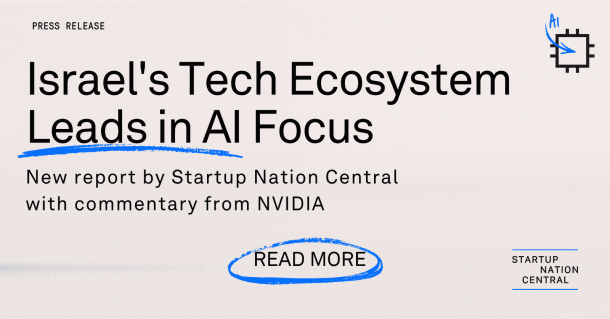AI agents are reshaping industries through autonomous task execution, streamlining processes, and innovating solutions. These intelligent systems, known for their capacity to learn, reason, and make decisions, play an increasingly strategic role in various sectors.
Israel has become a global force in AI, with startups and tech leaders pushing the boundaries in cybersecurity, health tech, smart mobility, and enterprise software. The country’s unique culture of Impatient Innovation has fueled the rise of AI solutions that are not just solving problems but actively anticipating them.
AI Agents Are Redefining Industries
AI agents have evolved beyond simple automation. Today, they function as intelligent decision-makers, processing vast amounts of data, learning from patterns, and making complex choices autonomously. Businesses are integrating AI agents to streamline operations, enhance efficiency, and gain deeper insights into their industries.
From autonomous vehicles improving road safety to AI-driven cybersecurity neutralizing threats in real time, the impact of AI spans across industries. In healthcare, AI is transforming diagnostics and treatment planning, while in enterprise software, AI is optimizing workflows and sales strategies.
The integration of AI agents is no longer a nice-to-have, it’s a necessity for businesses that want to remain competitive in a rapidly evolving market.
AI Agents: From Automation to Intelligence
AI agents operate on different levels of autonomy, from simple rule-based systems to advanced models that continuously learn and adapt. Some AI agents react instantly, making fast, efficient decisions in real-time environments. Others take a deliberative approach, analyzing data to generate insights before acting. Hybrid AI agents combine both approaches, offering adaptive and intelligent decision-making capabilities.
- Reactive agents respond immediately to inputs
- Deliberative agents plan using accumulated knowledge
- Hybrid agents combine reactive and deliberative capabilities
These systems excel in dynamic decision-making, coupled with learning and reasoning functionalities. As algorithmic sophistication increases, AI agents become more deeply embedded in industry practices, unveiling novel avenues for innovation while presenting ethical challenges, such as ensuring transparent decision-making.
With this increasing sophistication comes the challenge of ethical responsibility. AI agents often function as “black boxes,” making it difficult to understand their decision-making processes. Transparency and accountability mechanisms are vital for gaining user trust and ensuring informed decision-making.
Additionally, AI relies heavily on access to vast amounts of data, raising concerns about privacy and data security. Without robust security measures, personal information can be at risk of breaches or misuse. AI agents also risk inheriting biases from training data, leading to unfair or discriminatory outcomes. Developing techniques to identify and mitigate biases is critical to ensuring fairness across diverse user groups.
Another major consideration is job displacement. As AI-driven automation replaces certain roles, reskilling initiatives and job transition programs must be implemented to support workforce adaptation. Moreover, ethical guidelines are essential to prevent AI misuse in areas such as surveillance or manipulation. Establishing regulatory frameworks can help mitigate these risks and guide responsible deployment.
The companies that succeed in AI innovation will not just be those that build powerful systems but those that do so responsibly.
How Industry Leaders Are Shaping Market Education
Leading tech companies are not only adopting AI but also educating the market on its transformative potential. Salesforce is demonstrating the power of AI in customer engagement through its Agent Force Initiative, while IBM and Microsoft are embedding AI into enterprise solutions, investing in AI education, and providing businesses with the tools to integrate AI effectively.
By closing knowledge gaps and promoting best practices, these companies are ensuring that AI adoption is widespread, effective, and ethical.
Israel’s AI Ecosystem is Leading the Charge
Israel is a global leader in AI innovation, with startups developing AI-powered solutions across multiple sectors, leveraging innovation to solve complex problems before they become mainstream challenges.
- Cybersecurity
- Deep Instinct uses deep learning AI to detect and neutralize cyber threats in real-time.
- PerimeterX protects web applications with AI-driven security, stopping advanced threats.
- Vicarius develops AI-powered solutions to combat sophisticated cyber attacks.
- Health Tech
- Zebra Medical Vision uses AI to enhance the accuracy and speed of medical imaging.
- Aidoc assists radiologists by detecting critical conditions faster through AI-powered analysis.
- Viz.ai applies AI to medical scans, helping doctors make life-saving decisions faster.
- Smart Mobility
- Autotalks develops AI-powered vehicle-to-everything (V2X) communication to enhance road safety.
- Moodify uses AI to optimize in-cabin sensory experiences, improving driver well-being.
- Arbe Robotics pioneers AI-driven radar technology for autonomous vehicles.
- Enterprise Software
- TechSee integrates AI and augmented reality for smarter, more efficient customer support.
- Applitools uses AI-driven visual testing to improve UI quality in web and mobile apps.
- Gong.io analyzes sales conversations using AI, delivering insights that improve sales team performance.
These companies are not only solving real-world problems but also shaping the future of AI adoption worldwide.
The Future of AI Agents
AI agents represent a monumental shift in industry practices, offering substantial opportunities along with unique challenges. Global tech giants and Israel’s innovative ecosystem are essential in unlocking AI’s potential. Through strategic support and innovation, these stakeholders lay the groundwork for future developments in AI.
As AI agents integrate further into daily operations, their capability to foster growth and societal benefits continues to evolve, cementing their role as a cornerstone in shaping tomorrow’s technological landscape.
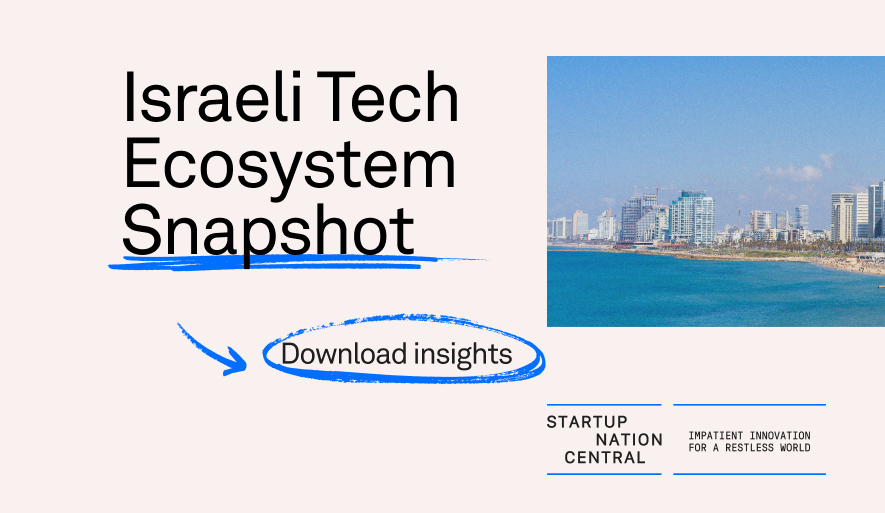
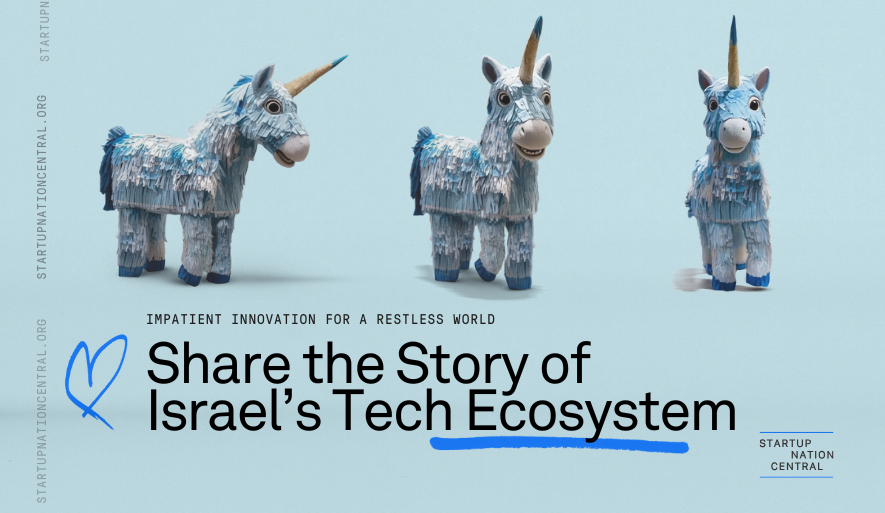
 Tech Ecosystem
Tech Ecosystem Human Capital
Human Capital Focus Sector
Focus Sector The Health Network
The Health Network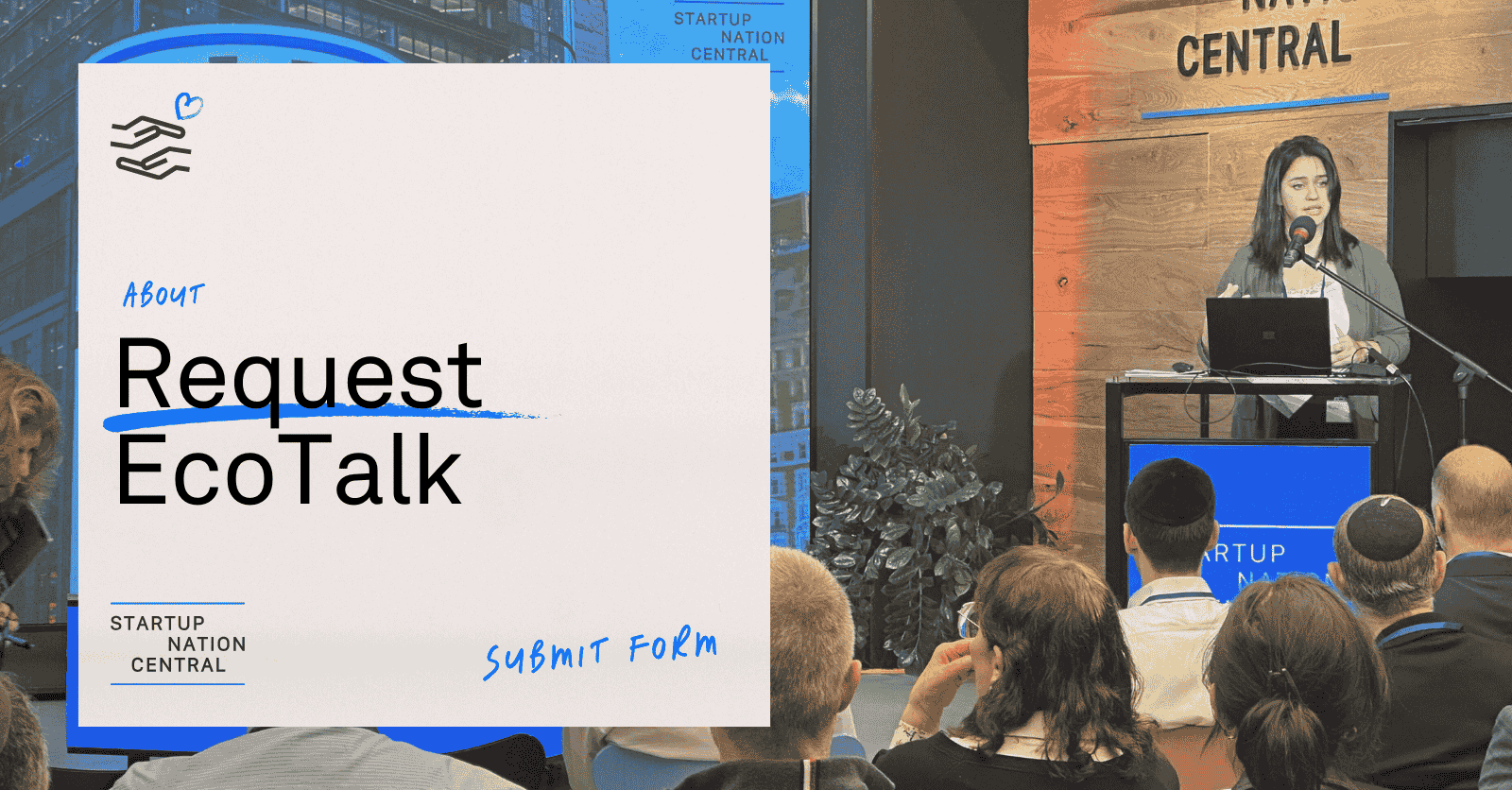
 Business Opportunities
Business Opportunities Investment in Israel
Investment in Israel Innovation Diplomacy
Innovation Diplomacy Leadership Circle
Leadership Circle

